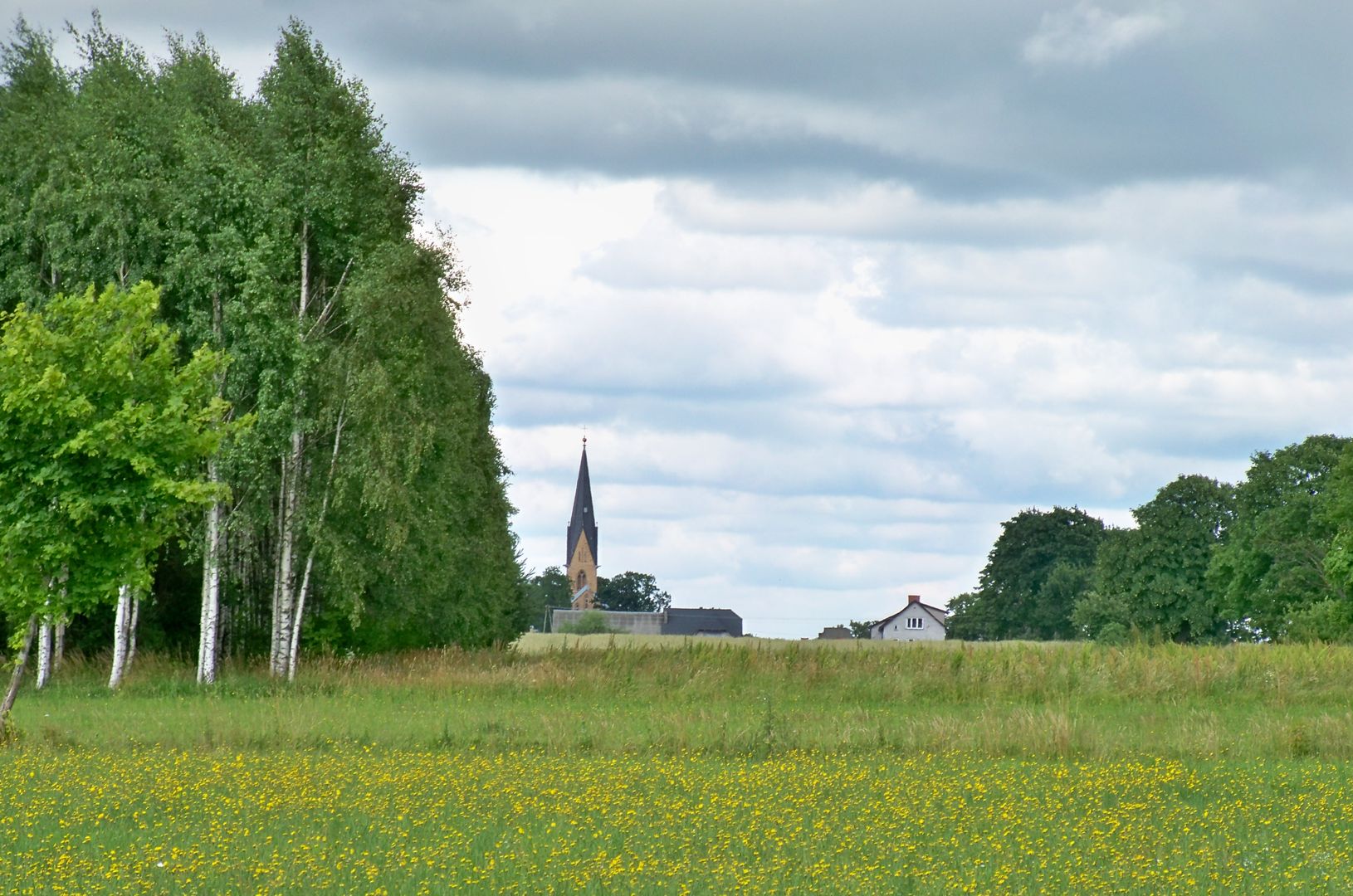Rozogi
6.67

Overview
Rozogi, formerly known as Friedrichowen, is a village in the Warmian-Masurian Voivodeship, in Szczytno County. Its history dates back to the 16th century, when the first mention of the settlement appeared. It was associated with the colonization of the southeastern part of the Szczytno starostwo (district). In 1645, based on an electoral privilege, Jacob Bieber founded the village, and by 1685, Rozogi had gained the right to organize fairs. A wooden church was built in the village in 1665, which burned down in 1700 and was rebuilt by 1705. Fires left a mark on the region's history, and in 1885, a new Neo-Gothic Catholic church dedicated to St. Mary Magdalene was erected. Rozogi obtained town status in 1789, which contributed to its development and transformation from a village into an urban settlement. In the 19th century, with advancing industrialization, local industries developed, including sawmills and brickyards. After World War II, the village was partially destroyed, and new settlers, mainly from Kurpie, began to inhabit it. In the following years, new institutions were established, including schools and a pharmacy. Rozogi underwent a series of administrative reforms, returning to Szczytno County in 1998. In the 21st century, the village invested in infrastructure, including water supply systems and a sewage treatment plant. Several historic buildings have been preserved in the village, such as the Catholic church, a school from 1898, and a monument to those who fell during World War I. An interesting figure is Fryderyk Kwiatkowski, a Masurian activist who significantly influenced the local community during the 1920 plebiscite. Rozogi combines rich history, architecture, and culture, bearing witness to centuries of change in the region.
Location
2026 Wizytor | All Rights Reserved